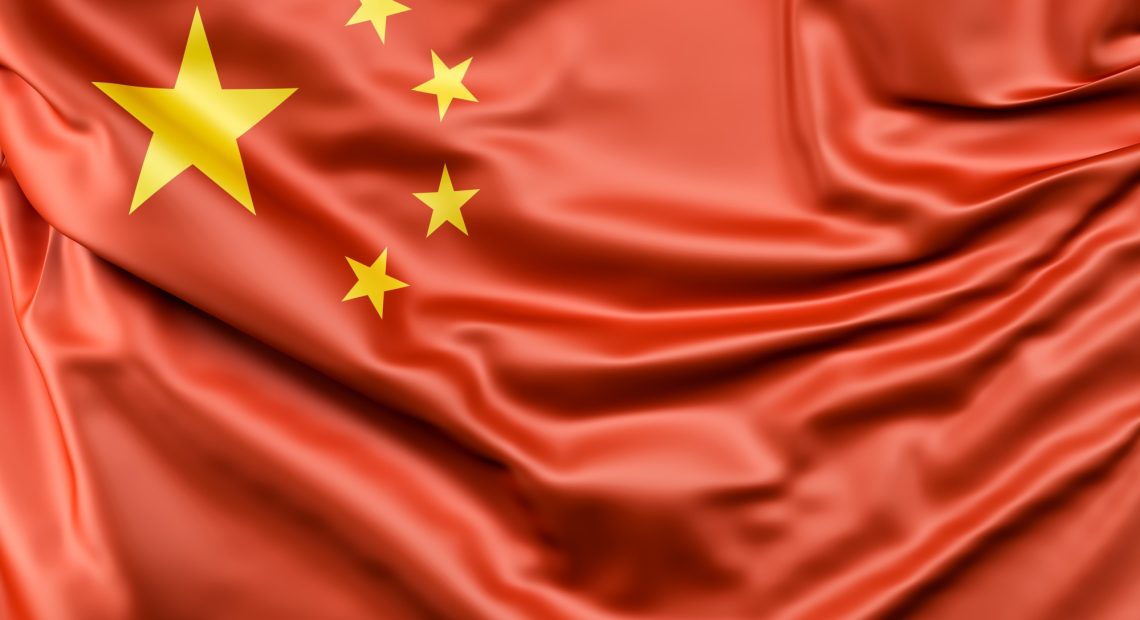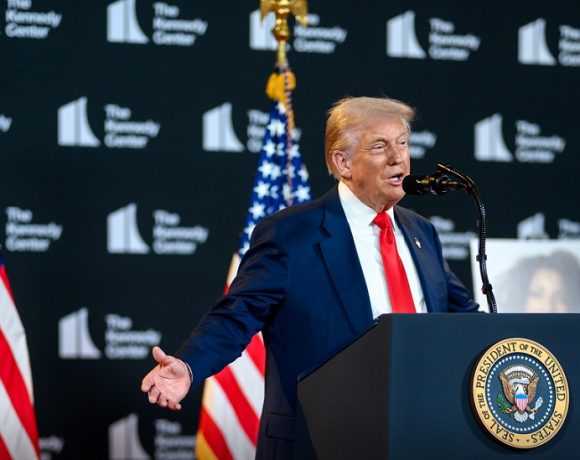
China Tightens Fentanyl Controls in Gesture to Trump
China has announced tighter restrictions on key precursor chemicals used in the production of fentanyl, signaling a diplomatic olive branch to the United States. The move, widely seen as a goodwill gesture toward President Donald Trump’s administration, comes amid efforts to stabilize bilateral ties strained by trade tensions and drug trafficking concerns.
The new regulations add two crucial compounds to China’s list of controlled substances, aiming to disrupt the flow of ingredients often diverted by illicit labs to manufacture fentanyl—one of the primary contributors to America’s opioid crisis.
Strategic Gesture Amid Tense Diplomacy
While China has previously taken steps to regulate fentanyl analogues, this latest action deepens its commitment by expanding control over upstream chemicals. Analysts interpret the move as a strategic offering, designed to ease diplomatic friction and re-engage on a sensitive issue that has long been a flashpoint between Washington and Beijing.
The timing is notable, coinciding with potential high-level trade discussions between the two countries. President Trump had repeatedly pressed China to do more on fentanyl control and tied future cooperation to trade concessions.
U.S. Reaction and Trade Backdrop
The United States welcomed China’s new regulations, calling them a positive step in addressing the opioid epidemic. However, officials cautioned that enforcement remains key. There are concerns that illicit networks may seek alternative compounds or exploit weak oversight unless implementation is rigorous.
Some U.S. policy advisers have warned against using fentanyl cooperation as a bargaining chip in trade negotiations, arguing that public health issues should be addressed independently of tariff politics.
Nonetheless, the Trump administration views the crackdown as a partial diplomatic win, aligning with its broader push to secure tougher Chinese enforcement on drug-related exports.
Enforcement Will Be Crucial
China’s chemical industry, vast and decentralized, has often faced criticism for poor regulatory enforcement. Experts stress that real success will depend on close monitoring of manufacturers, strict export documentation, and cross-border intelligence sharing.
If enforcement proves robust, the new measures could disrupt supply chains used by global drug syndicates and reduce the influx of synthetic opioids into North America. Failure, however, could render the move symbolic rather than transformative.
China’s expanded fentanyl precursor controls may represent more than just regulatory housekeeping—it could signal a cautious reopening of diplomatic channels with the U.S. The true test will lie in how effectively these new rules are enforced and whether they lead to meaningful cooperation in curbing a crisis that has claimed hundreds of thousands of lives.
Meta Tags:


















